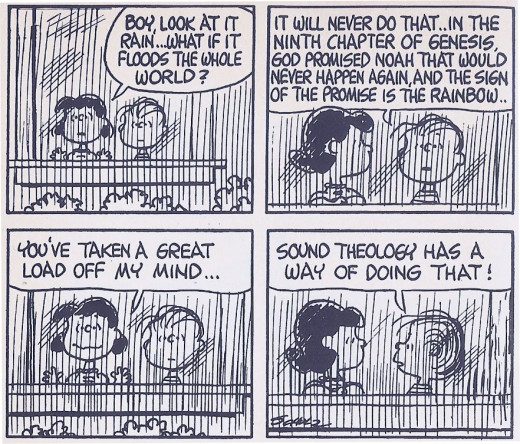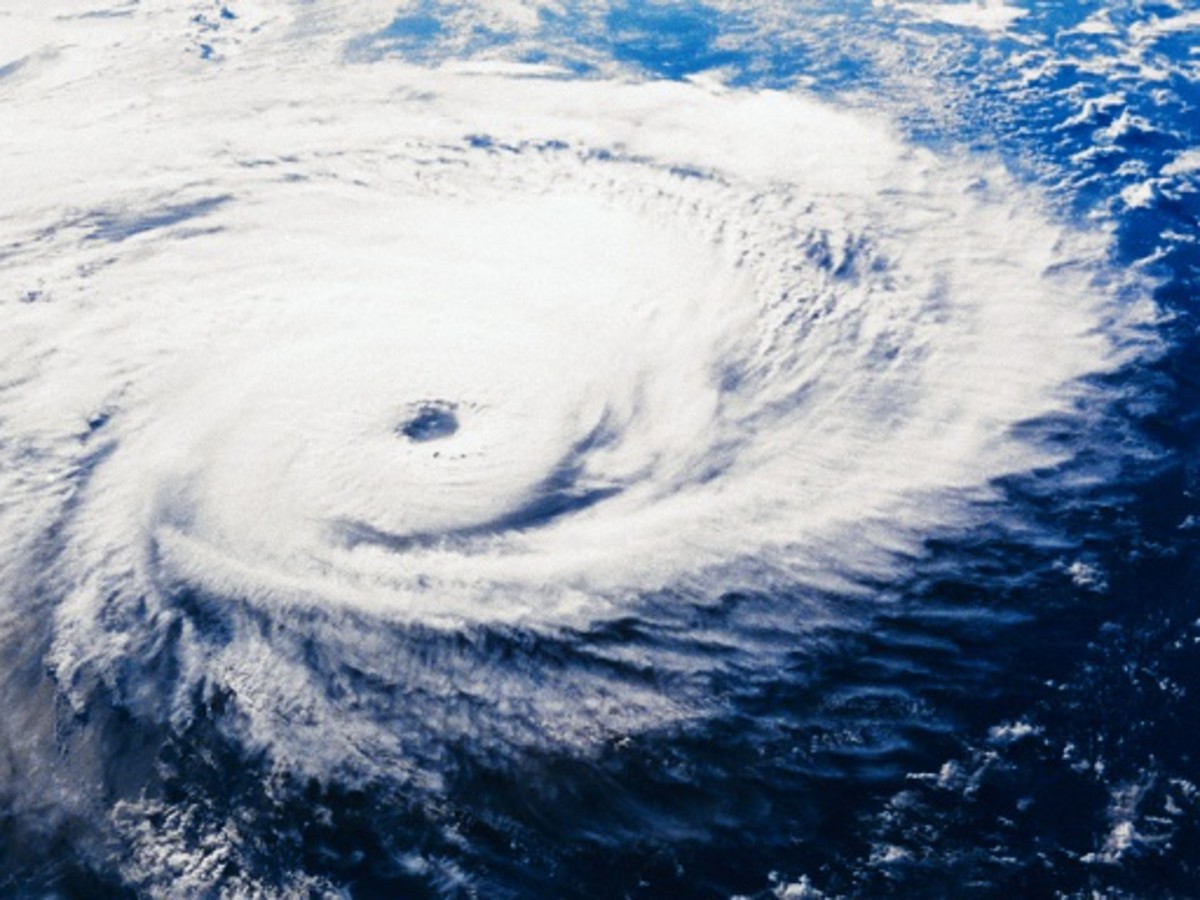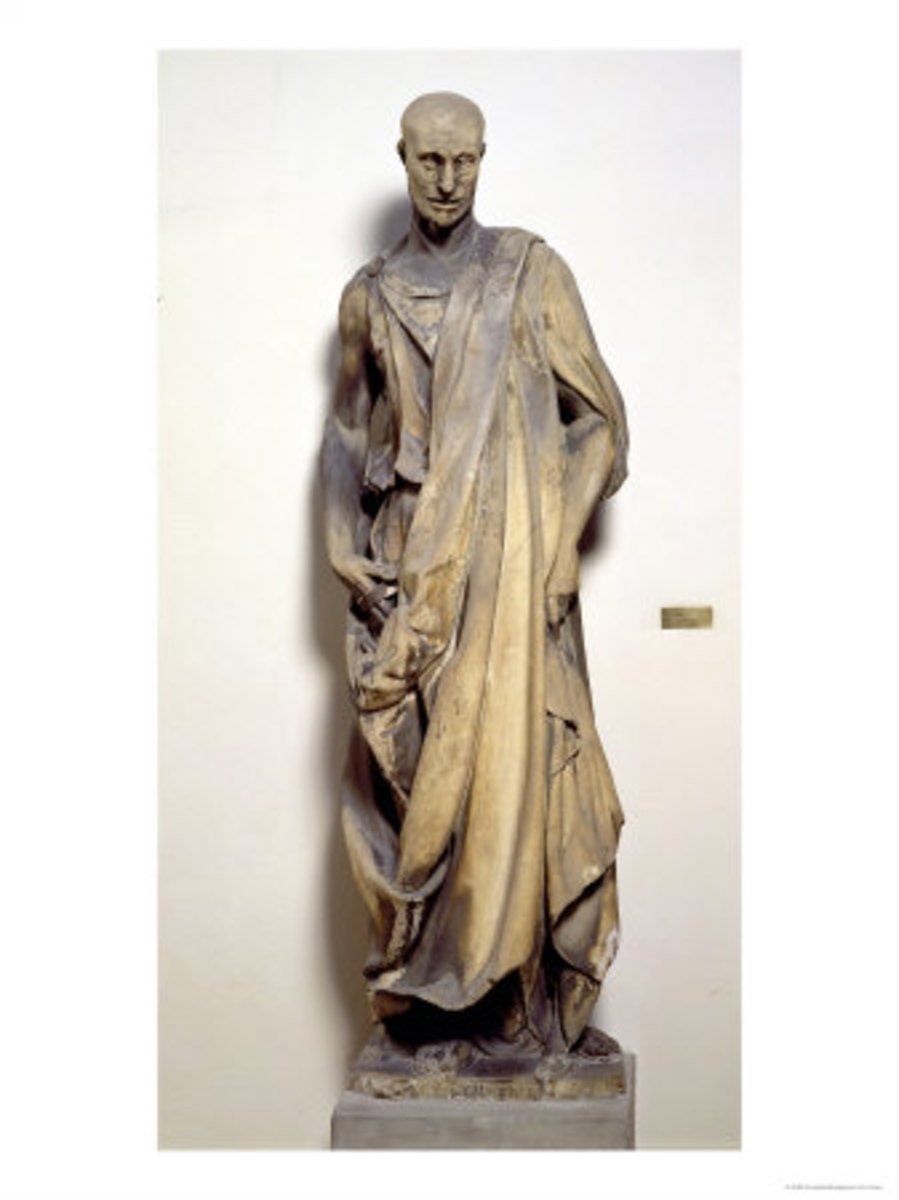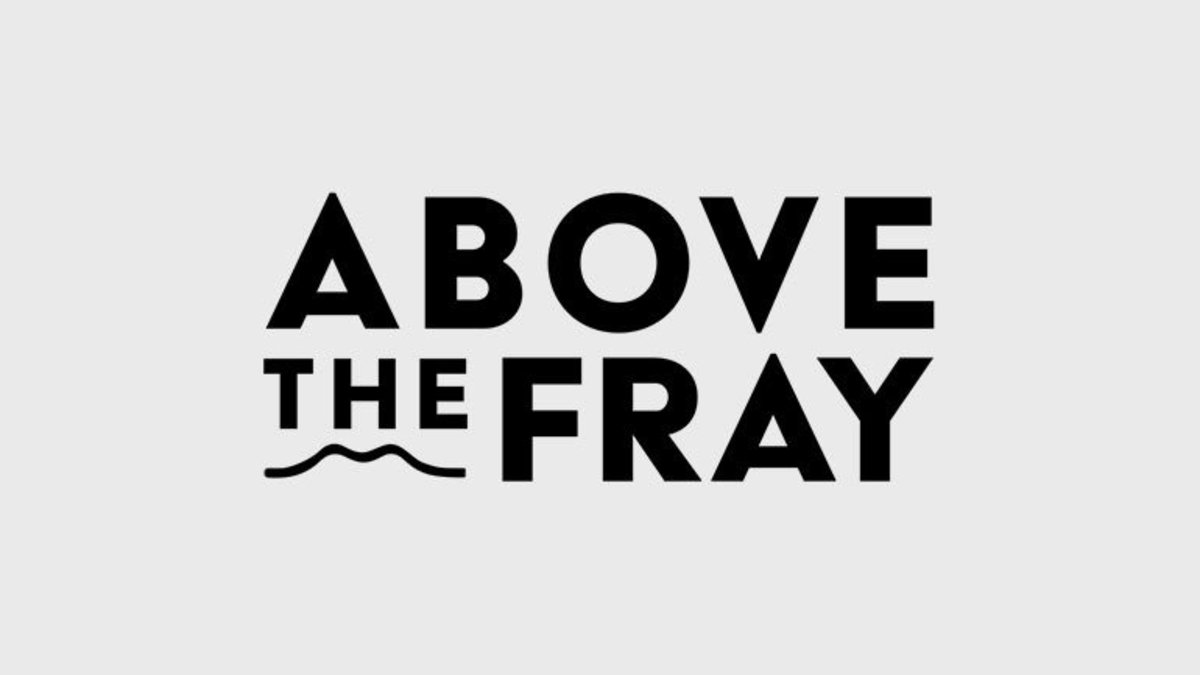Why did God Allow Three Women to be Locked Up for Ten Years?

Why Would a Good God Allow Bad Things to Happen?
This hub started off as a response to a question asked on Hubpages. As the title indicates, it was just one more version of the classic theological question, "Why does God allow bad things to happen?" As you might expect, the question received a large number and a wide variety of responses.
Most answers coming from a Christian perspective were pretty standard. God does not cause evil things to happen. Human beings, who have been given free will by God, sometimes do evil things. I can more or less live with this answer. I can somewhat understand why God would not create a world of automatons, and if we are to have any capacity to connect with one another in a positive way, then we must also have the capacity to do one another harm.
The problem is that many Christians will not let it rest there. They will argue that we should not be blaming God for the actions of this evil man. Instead, we should be thanking God for the rescue of the young women. Personally, I have trouble seeing the logic of this point of view. It is, after all, based on the assumption that God intervenes at times to help people in times of need. But if God deserves thanks for saving these women, then God had the capacity to do this all along. For some reason, however, he sat back and waited for about ten years as these women were repeatedly raped, beaten, and gagged, with their unborn children miscarried because of the man's physical abuse. And for every case of people tortured in these ways eventually finding their freedom, there are numerous cases of people dying without rescue. Apparently, God is rather selective in stepping in to "answer prayers."
According to Christianity, God is omnipotent. So anything that happens only takes place because God either makes it or allows it to happen. If this is true, then it makes no sense to give God credit for the good but no responsibility for the bad. This is particularly clear when talking about natural disasters such as hurricanes, earthquakes, tsunamis, volcanoes, falling asteroids, floods, and tornadoes. Attributing any of these naturally occurring events to human free will is, to say the least, a bit of a stretch. Tectonic plates, celestial bodies, and air currents were slamming into one another long before human beings ever came into existence. And thanking God for helping you survive through a natural disaster is like thanking an arsonist who saved you from a fire that he started.
So when confronted with the theological problem of evil and suffering, I can only think of a few alternatives. And to save myself some time, I will be using the word God to refer to any supernatural beings and forces that may be out there somewhere. Feel free to insert the spiritual term(s) of your choice:
1) There is no God. This is the simplest solution to the problem. In fact, from this perspective, there is no theological problem. Bad things just happen, and asking why there is evil and suffering in the world makes no more sense than asking why there is goodness and pleasure. And given the fact that all life forms exist primarily to pass on their genes, it should not be surprising that we humans, like most creatures, behave at times in a self-centered fashion.
2) The suffering that we humans experience, like the world in general, is essentially an illusion. But if we are able to achieve enlightenment, this insight into the true nature of reality will cause suffering to fade away. In other words, Hindu and/or Buddhist philosophers are essentially correct. So if you are wondering how it is that all of us creatures came to be deceived by this illusory reality, I will refer you to these philosophers of "eastern religions" who are far more qualified to respond than I.
3) God is not benevolent. He may be morally neutral or just downright nasty. So he either just sits back and watches the various creatures on this little planet (and likely other planets) struggle to get by or gets some sort of twisted pleasure from making us squirm.
4) We live in some sort of a dualistic universe with good and evil gods or spiritual forces engaged in a seemingly eternal battle. So as the Zoroastrians believe, it's just a matter of which side we choose. And since some people will inevitably choose the bad side, evil and suffering result. Praising the good God, however, makes sense when things go well, and in this worldview, you can't blame the good God when things go badly. (It's sort of like Christians blaming Satan for the bad things in the world.)
5) God is not morally perfect, all knowing, or in complete control of his creation. Instead, he is an imperfect being like the rest of us, the author of a universe and world that reflects these shortcomings. He may sit back and watch helplessly as events unfold. He may have good intentions and try to intervene at times, often leading to unintended consequences such as wars, new viruses, or seemingly good people corrupted by power. In other words, the Greek gods with all of their very human imperfections are a pretty accurate reflection of reality.
6) God is good, but he is not omnipotent. He may lack the ability to control the universe that he has brought into existence, or it may be impossible to derive any sort of satisfaction from a universe that he micromanages in every detail. In other words, a universe with creatures possessing true free will and with natural forces playing themselves out cannot coexist with a truly omnipotent God. No being, no matter how powerful, can do the contradictory. Nonsense, by definition, is impossible. So he had to choose between creating a universe completely under his control or one that he set into motion and allowed to unfold.
7) God is good and potentially omnipotent, but he is selective when deciding whether or not to intervene in order to stop evil or prevent suffering. The criterion he uses, of course, given the state of the world, is a mystery to me. So he has chosen for whatever reason to create a world in which bad things will inevitably happen, but he has reserved the ability and the right to step in on special occasions.
8) God is good and omnipotent, but he realizes that evil and suffering are necessary elements for his creatures to be able to recognize goodness and joy. As most of us humans know, suffering, as painful as it may be, can often have positive effects. People who have suffered together often form tight bonds and appreciate life in ways that they otherwise would not. If we lived in a Garden of Eden state with no experience of work, suffering, or loss, could we ever experience the deep feelings of empathy, compassion, and release known by those who have survived through hard times? There are times when I would not mind finding out. I do find, however, the concept of an eternal paradise to be unimaginable. It just seems like it would get old after a millennium or two.
9) God is good, and he intervenes in the world, but he chooses not to do this independently. Instead, he tries to work through his creatures. This way, moral agents like human beings can get the opportunity to do what is right. According to this view, the term "God's will" should not be understood as a plan that God, through his omnipotence, will inevitably carry out. Instead, the term "will" refers to what God wants to happen. So he works through the minds and hearts of people, attempting to nudge them in the right direction. Because if he made a better world on his own, or if he somehow forced humans to do what is right, then humans would never get the opportunity to be truly good and to touch the lives of other people. We would be like a race of children with parents who never gave us a chance to grow up and take some responsibility. We would just sit idly by, waiting for mom and dad to take care of everything. (In other words, we would recite a few prayers and then go back to focusing on ourselves.)
You can mix and match these explanations in various ways as theologians of different religions have been doing for thousands of years. Personally, I don't find any of them to be entirely satisfying. But if I had to choose one of them, I would go with number nine. For whatever reason, bad things happen, some of which are caused by human beings like myself. So while I may not be able to do much to alleviate the massive amount of suffering that is experienced by the human race every day, if nothing else, I can refrain from contributing to more of it. And when my conscience, instinctive capacity for empathy, or whatever you want to call it lights up, it doesn't matter if this is the voice of God or some purely biological impulse. As a human being, it is easy for me to figure out what causes my fellow humans to feel joy or sorrow. So whether there is a judgment day or not, I have no excuse for not listening to the "voice of God."
I can understand why so many people for so many thousands of years have waited anxiously for the end of the world to come. Because the world's problems seem so huge and unsolvable, it is nice to think that some sort of a God will come down on high to bring a new world order. Nothing in our experience, however, indicates that this is going to happen any time soon. The only consistent thing you can say about the doomsday prophets is that they have always been wrong. Of course, for all I know, Jesus may return someday. But for the time being, it's apparently up to us to alleviate as much of the suffering as we can. And when the suffering does come, we must try somehow to make the most of it.








